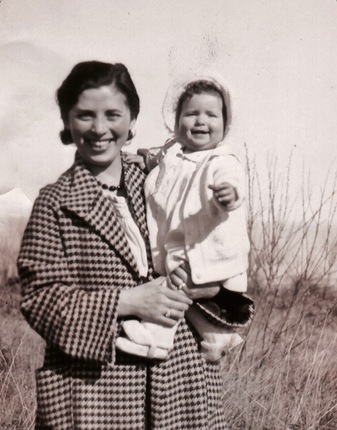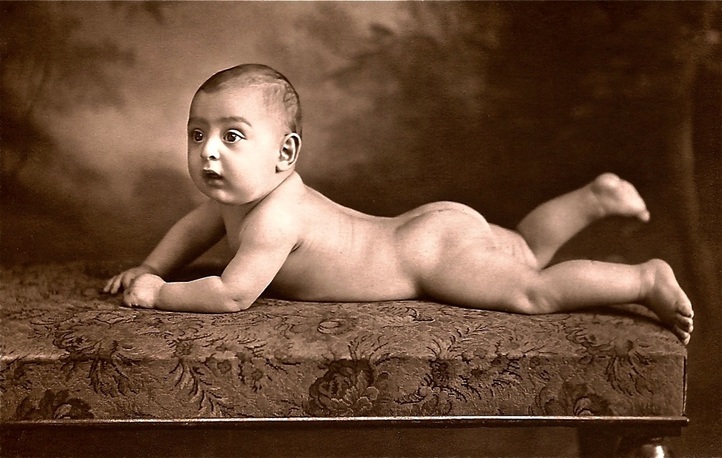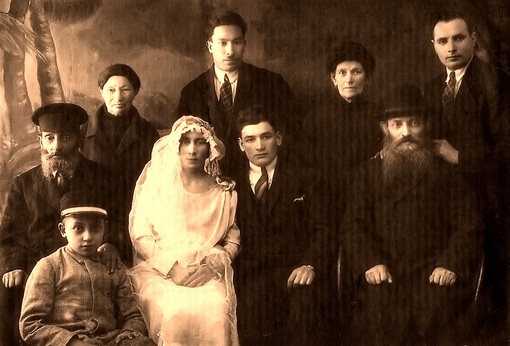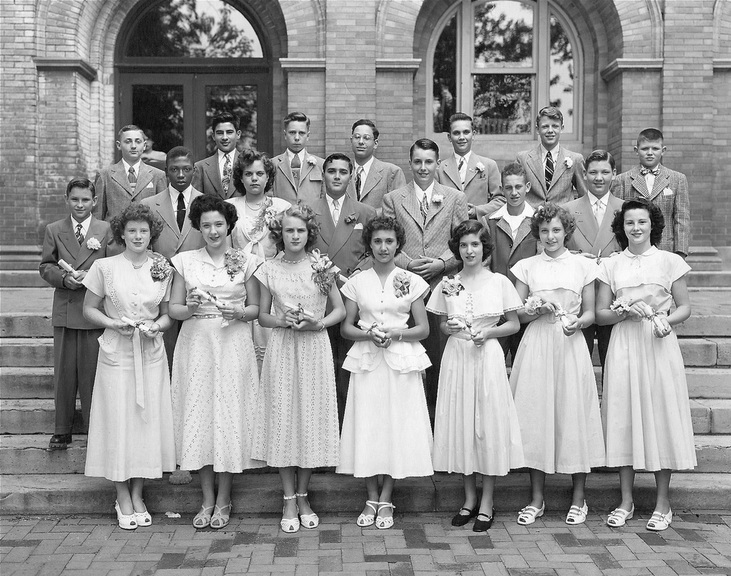
I spent two hours Saturday at Kaneko in a writing workshop led by Sarah McKinstry-Brown and Jen Lambert. We explored ways to take control of our personal narratives and (if we chose) to rewrite our stories and totally change the outcomes. Create happier endings, perhaps . . . or make sense of sadness.
University of Virginia psychologist Timothy D. Wilson calls this process story editing and insists that even small changes we make to our own stories and memories can help relieve mental anguish and make the difference between living a healthy,
productive life — or not.
But what if our negative stories carry no mental anguish?
What if negative stories enrich the earth where we bloom
and bring forth ponies that hide in the poop.
The pony I birthed today runs wild and free
as an untamed Outer Banks mustang.
She arrived by surprise from the dunes and tall grass.
A sign, that to keep my pencil moving across the paper
is to hear an unexpected, alien voice.
The Voice of Innocence
In the dark, warm water, my arms and legs like seaweed waving, I turn somersaults, listen to her curse and cry, “Shit. Shit, Morty. Don't die on me now, you goddam asshole, Morty. Don't leave me to raise this kid all by myself, Morty, come on wake up you selfish fucking bastard.” Then she pushes me down to the surface and catches me, both of us screaming bloody murder.
The Voice of Experience
So. Let’s get this straight. Most people, when you told them that while you turned somersaults in the womb you actually heard your mother crying, your father dying, most people when you told them this story patted you on the head or rolled their eyes, right? And the only ones who believed you were a zazen-sitting butcher and a run-away kid tripping on LSD, right?
Awwww, try not to feel so dissed, doll. You gotta admit the story’s hard to believe.
The Mythic Voice of How-I-Wish-It-Was
In a far away place stands a village by the sea. In this village babies are born whole and come to no harm, children build castles and swim without fear, parents never holler, and the ancients still see and hear and dance and balance their check books just as in former days.
In this village lives a woman who gathers shells from the sea. She puts the shells to her ear and hears the lullabies, the dirges, the magic incantations, the regrets and confessions, the yarns and embroideries, the down-right lies, the necessary half-truths told by those who have lived in the village since the sun first rose. Each evening, with stars strung in her hair, the woman shares these stories with the villagers, like nourishing soup, so they may gain strength from the once-upon-a-time times. And when the ancients decide they’ve had enough soup, thank you very much, they plop their false teeth into crystal goblets, crawl beneath the sheets, yawn nighty-night and turn into stories that the woman tells until morning.
Ozzie Nogg 2016
University of Virginia psychologist Timothy D. Wilson calls this process story editing and insists that even small changes we make to our own stories and memories can help relieve mental anguish and make the difference between living a healthy,
productive life — or not.
But what if our negative stories carry no mental anguish?
What if negative stories enrich the earth where we bloom
and bring forth ponies that hide in the poop.
The pony I birthed today runs wild and free
as an untamed Outer Banks mustang.
She arrived by surprise from the dunes and tall grass.
A sign, that to keep my pencil moving across the paper
is to hear an unexpected, alien voice.
The Voice of Innocence
In the dark, warm water, my arms and legs like seaweed waving, I turn somersaults, listen to her curse and cry, “Shit. Shit, Morty. Don't die on me now, you goddam asshole, Morty. Don't leave me to raise this kid all by myself, Morty, come on wake up you selfish fucking bastard.” Then she pushes me down to the surface and catches me, both of us screaming bloody murder.
The Voice of Experience
So. Let’s get this straight. Most people, when you told them that while you turned somersaults in the womb you actually heard your mother crying, your father dying, most people when you told them this story patted you on the head or rolled their eyes, right? And the only ones who believed you were a zazen-sitting butcher and a run-away kid tripping on LSD, right?
Awwww, try not to feel so dissed, doll. You gotta admit the story’s hard to believe.
The Mythic Voice of How-I-Wish-It-Was
In a far away place stands a village by the sea. In this village babies are born whole and come to no harm, children build castles and swim without fear, parents never holler, and the ancients still see and hear and dance and balance their check books just as in former days.
In this village lives a woman who gathers shells from the sea. She puts the shells to her ear and hears the lullabies, the dirges, the magic incantations, the regrets and confessions, the yarns and embroideries, the down-right lies, the necessary half-truths told by those who have lived in the village since the sun first rose. Each evening, with stars strung in her hair, the woman shares these stories with the villagers, like nourishing soup, so they may gain strength from the once-upon-a-time times. And when the ancients decide they’ve had enough soup, thank you very much, they plop their false teeth into crystal goblets, crawl beneath the sheets, yawn nighty-night and turn into stories that the woman tells until morning.
Ozzie Nogg 2016



 RSS Feed
RSS Feed
